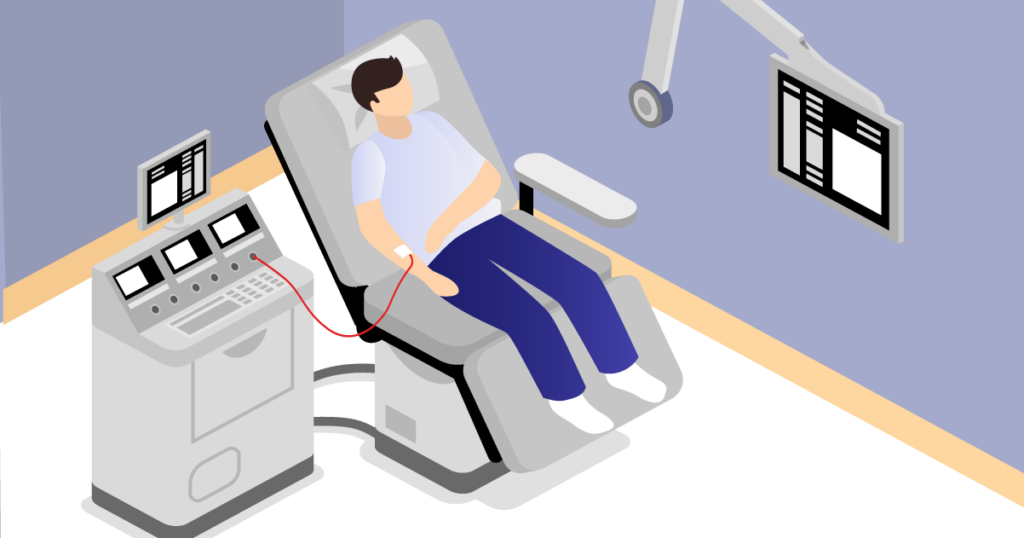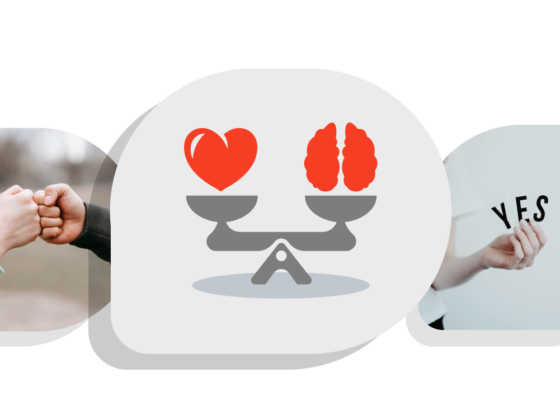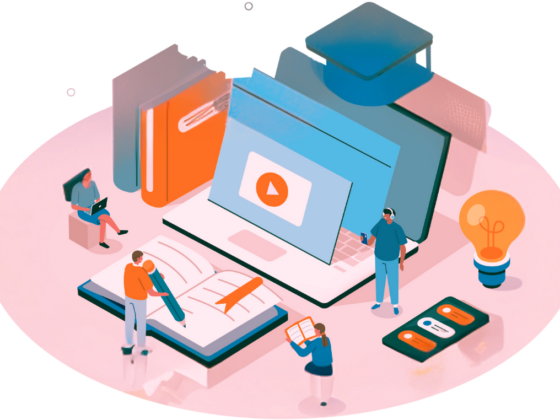Improving Health Outcomes Through Technology
For Andrew Yochum, having a job that improves the lives of others is essential. He found this kind of work as a Senior Advisor of Software Engineering at Flexion, where he leads civic tech project teams of Data, DevOps, Data Science, and Full Stack Engineers. Generally, civic tech projects improve the relationship between our government and its citizens. But at Flexion, according to Andrew, civic tech projects do even more than that. “We also enjoy that ‘warm, fuzzy feeling’ inside because we know we are helping others.”
Team member Deb Judy, Senior Project Manager and Agile coach agrees. Deb spent most of her 25-year career in the e-commerce arena, and one of the primary reasons she joined Flexion two years ago was the desire to work on projects that do more than sell things.
“Putting more products in people’s hands is not as satisfying as helping people improve their health or live longer lives,” she says.
Andrew and Deb are on the Flexion team that serves Americans suffering from end-stage renal disease (ESRD). These patients require regular dialysis until they can get a kidney transplant. Since donated kidneys are in short supply, people may have to wait for a transplant, sometimes for years. Some patients may never qualify for a transplant because of other health conditions. So they must locate a dialysis facility that offers high-quality supportive care that aligns with their lifestyle.
“We improve the experience of someone who may be suffering by easing their day-to-day frustrations,” Deb says. “That feels good.”

Currently, Flexion supports the Scoring and Feedback (S&F) contract for the End-Stage Renal Disease Quality Reporting System (EQRS). Within Flexion, it is referred to as the EQRS S&F team for CMS (Centers for Medicare & Medicaid Services). This team produces the quality rating measure scores based on clinical data each clinic provides.
Then the CMS Care Compare team calculates a clinic’s rating using a five-star system from these measures. Prospective patients can use both the five-star rating system and the measure details to help them evaluate a clinic for their dialysis.
Care providers value this timely and accurate rating information as well. Their scores can impact their pay scale, and CMS can recall or reduce payments. Deb says, “This encourages dialysis centers to improve their practices and work toward achieving better patient outcomes.”
Serving individuals experiencing a life-threatening health crisis
The improved data infrastructure that the CMS/Flexion team helped build means the government can better support members of the public with urgent needs. As of 2018 (the latest statistics available), almost 786,000 Americans were living with ESRD. Of those, 71 percent were on dialysis, and 29 percent had a kidney transplant.
At one of their EQRS planning events, the team heard from an ESRD patient who learned that his kidneys were failing during a routine health exam. He needed to begin dialysis treatment immediately.
While his physician referred him to a preferred dialysis facility, using the tools EQRS S&F supports, the patient was able to decide where to go using his personal criteria. He gained peace of mind and control during this health crisis using information such as the clinic location, clinic performance, and patient care scores.
It’s not just the importance of the work, it’s important how we do it.
The combined team of CMS and Flexion must do this hard work quickly and correctly—lives depend on it. “That’s why using agile methodology helps us develop better solutions to difficult problems faster and more effectively,” Andrew says. “Using an iterative approach, the heart of the agile method, helps us focus on the task and adapt easily to changing requirements, needs, or environmental conditions.”
The agile philosophy empowers everyone on the team to work in the best way possible for them. Andrew states, “At Flexion, the decision-making power lies with the people on the front lines.”
Deb agrees. “We aren’t handed pre-determined solutions. Instead, we have the latitude to focus on the problems that must be solved.”
Work cadence is essential as well. “We use a consistent feedback loop that rewards small and large milestones and lets everyone reap the emotional reward of doing good work,” Andrew says.
Flexion’s low bureaucracy organizational structure puts the onus on individual employees to motivate themselves and design how they get their work done. “We use ‘pairing’ and ‘collaborative coding’ to help us work together efficiently on solving problems. And teams are small so people can build solid working relationships,” Deb says.
When conflicts arise at work, team members resolve them in ways where everyone can still feel respected. Deb says, “At Flexion, it’s all about collaboration.”
When one plus one equals more than two
“Our government counterparts are equally engaged in our work,” Andrew says, adding, “We have a ‘one team, badgeless’ mentality and collaborate based on mutual respect and concern.”
This matrix of factors increases on-the-job satisfaction for Deb and Andrew, not only at the end of the project but throughout the project, including the sprint reviews, which happen at two-week intervals. At these reviews, every team member gets to show off their work. “This gives us a sense of security. You feel comfortable like you belong and want to stay,” Andrew says.
Where cutting-edge technology is a cut above
“Our government counterparts are engaged in our day-to-day work in a supportive way. We have an amazing collaboration with them,” Andrew says. “I have been impressed with how forward-thinking and knowledgeable they are about current technologies and agile processes.”
By modernizing government systems and procedures, Flexion helps agencies enjoy the benefits of using adaptive technology and more functional architecture.
At the end of the day…

Even before the pandemic, most employees worked from home. Now, all employees do. So no one has far to travel at the end of any workday.
Andrew says, “In the evening, when I make the short trip from my desk to the couch, I take a warm feeling of satisfaction with me. Being part of a team that provides life-saving information to people in need makes the challenging work worthwhile. It’s a great feeling.”
For Deb, “remote” can mean anywhere she lives. “At Flexion, I do work I enjoy and am proud of while living anywhere in the U.S. This flexibility has been huge for my family and me.”




